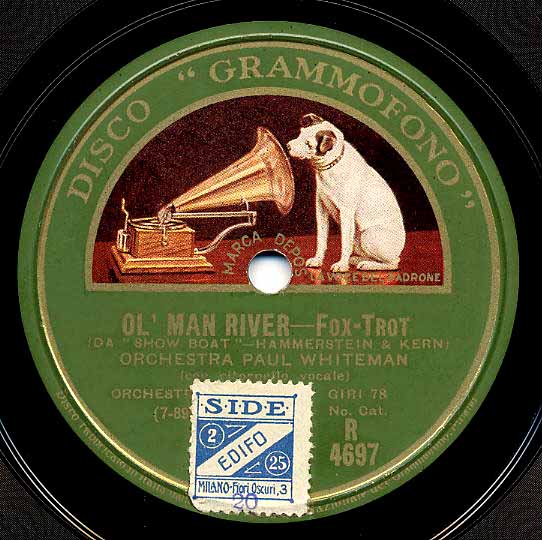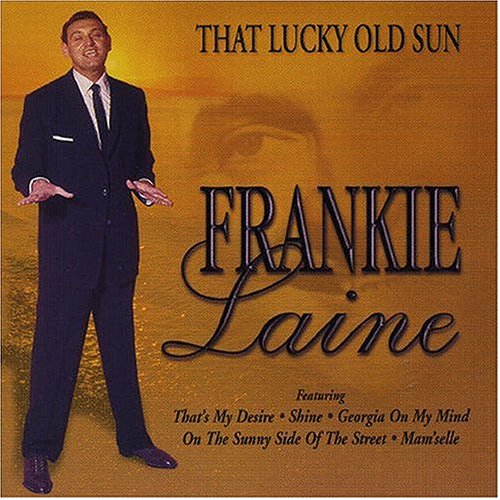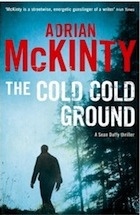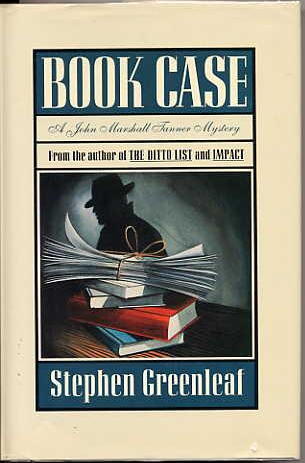
Walter Brennan himself needs no introduction, as the Academy Award winning actor distinguished himself in many roles. I especially admire his performance as Humphrey Bogart's drunken sidekick in a role based on a character in Hemingway's To Have And Have Not.

In April of 1962, Walter Brennan came out with the recording of Old Rivers, which became immediately popular and ranked in the top ten of records played, even though it was unlike anything else on the charts in the age of baby boomer rock and roll. It was a deceptively simple performance, but there is magic here:
How old was I when I first seen old Rivers?
I can't remember when he weren't around
Well, that old fellow did a heap of work
Spent his whole life walking plowed ground.

He had a one-room shack not far from us
And well, we was about as poor as him
He had one old mule he called Midnight
And I'd trailed along after them.
He used to plow them rows straight and deep
And I'd come along near behind
A-bustin' up clods with my own bare feet
Old Rivers was a friend of mine.
That sun'd get high and that mule would work
Till old Rivers'd say, ''Whoa!''
He'd wipe his brow, lean back on the reins
And talk about a place he was gonna go.
Chorus:
He'd say, one of these days
I'm gonna climb that mountain
Walk up there among the clouds
Where the cotton's high
And the corn's a-growin'
And there ain't no fields to plow.
--- Instrumental ---
I got a letter today from the folks back home and
They're all fine and crops is dry.
Down at the end my mama said, ''Son
You know old Rivers died.''
Just sittin' here now on this new-plowed earth
Trying to find me a little shade
With the sun beating down 'cross the field I see
That mule, old Rivers and me.
With the sun beating down 'cross the field I see
That mule...old Rivers...and me.
Why is this magic?
Well, first, it is magic because it poetically and quite correctly posits the temporal material in the eternal. The consciousness of the narrator can see old Rivers even though old Rivers has vanished. When Walter Brennan speaks that last line, there are magic pauses and a breath between "that mule," "old Rivers," "and me."

The sun is eternal, the earth is eternal, but flesh and blood vanishes like an old man's voice on the wind. We have it but we have it not, for it passes. The narrator becomes old Rivers, and so do you.
The eternal is also before you in the old man's name, Rivers. "Even if baby boomers weren't conscious of the allusion to the song, Old Man River, their unconscious probably heard it:
Old man river,
That old man river,
he must know something,
but he don't say nothing,
he just keeps rolling
he keeps old rolling along.
He don't plant taters
and he don't plant cotton
and them that plants 'em
is soon forgotten
but old man river,
he just keeps rolling along.
You and me,
we sweat and strain,
body all aching and racked with pain.
Tote that barge, lift that bail,
get a little drunk and you land in jail.
Life gets weary.
I'm sick of tryin'
I'm tired of livin'
and feared of dyin'
but old man river.
he just keeps rolling along.
Paul Robeson sang it in Showboat, but Bing Crosby's version (singing with Paul Whiteman's orchestra) was popular. Then, too, also mixing the temporal with the sun and "that eternal river," there was "That Lucky Old Sun," made popular first by Frankie Laine, but later recorded by such as Ray Charles and Kenny Chesney:
Up in the mornin'
Out on the job
Work like the devil for my pay
But that lucky old sun got nothin' to do
But roll around heaven all day.
Fuss with my woman, toil for my kids
Sweat till I'm wrinkled and gray
While that lucky old sun got nothin' to do
But roll around heaven all day
Dear Lord above, can't you know I'm pining, tears all in my eyes
Send down that cloud with a silver lining, lift me to Paradise
Show me that river, take me across
Wash all my troubles away
Like that lucky old sun, give me nothing to do
But roll around heaven all day
Send down that cloud with a silver lining, lift me to Paradise
Show me that river, take me across
Wash all my troubles away
Like that lucky old sun, give me nothing to do
But roll around heaven all day












